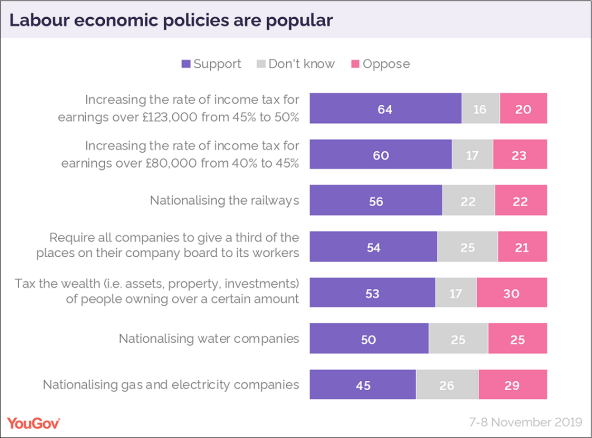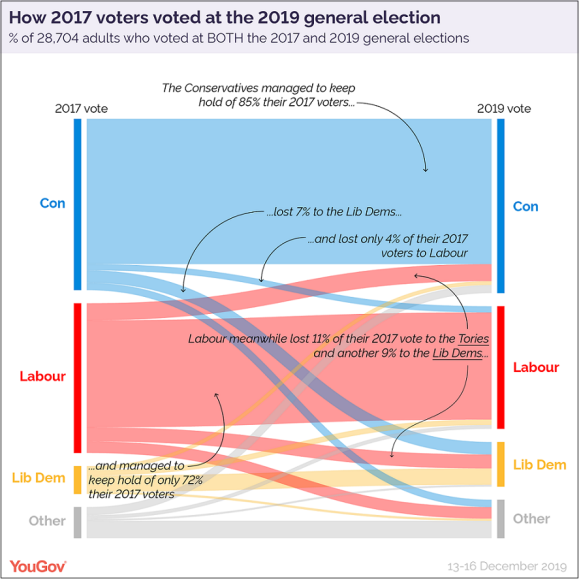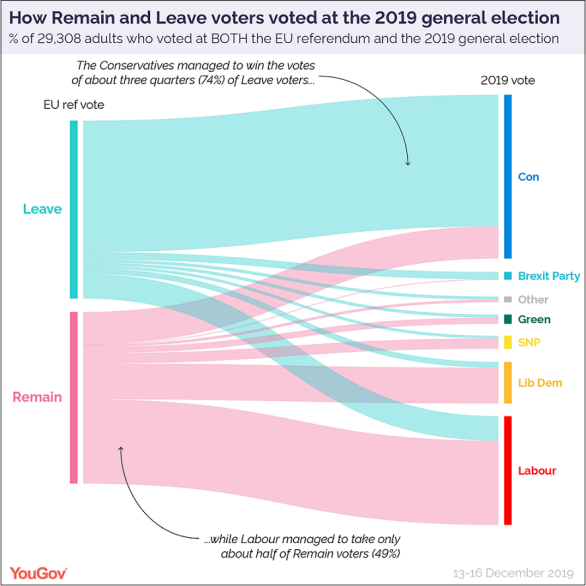The residual styles and titles of the Duke and Duchess of Sussex should have been relinquished or removed, to protect the institution of the monarchy itself from any risk of future damage by their abuse
Note: Longer and updated version of the article originally published at The Conservative Woman on Thursday 23 January 2020
After Buckingham Palace released its statement last Saturday evening on the terms of the Sussexes’ withdrawal from full-time working membership of the Royal Family, the immediate verdicts were mostly unequivocal.
This was the hardest possible Megxit, cutting them off from public funds as well as from membership of The Firm, insisted Camilla Tominey in the Daily Telegraph. It might just work, but it’s definitely a hard Megxit, declared the Spectator’s Fraser Nelson. There’s a vast chasm between what the Sussexes wanted and what they got, averred Victoria Ward, also in the Daily Telegraph.
Yet ‘hard Megxit’ seemed to be a slightly hyperbolic label to attach to a settlement in which the Woke-Harkles –
- retained their HRH handles, merely ‘agreeing not to use them’;
- safeguarded their Duke and Duchess of Sussex titles;
- appeared to give up only the 5 per cent of their income which comes from the Sovereign Grant Fund;
- consented to reimburse the taxpayer for the work on Frogmore Cottage, but courtesy of a gift from the Duchy of Cornwall in the near-equivalent amount,
but could still walk away from most if not all of their obligations. It was perhaps fitting that it fell to the Sun’s Dan Wootton, who about 10 days before had originally broken the story that they were about to up sticks and bail out, to give us a clue about this seeming conundrum.
Royal commentators are missing the point – Meghan is DELIGHTED with this result. She’s got exactly what she wants: the ability to make millions and millions without royal oversight, to spend as much time as she wants in Hollywood and to avoid any duty in the UK. Their plan is go! pic.twitter.com/eZ848sYOk2
— Dan Wootton (@danwootton) January 18, 2020
The difference of course lies in the fact that all three articles cited above are based on their authors’ assessments of what both Harry and Meghan apparently wanted, whereas Dan Wooton’s tweet focuses solely on Meghan’s presumed aims. From that perspective, he has a point, hasn’t he?
So to assess the effect of the “titles” aspects of the couple’s departure settlement on their planned future, we need to recall what that future is likely to be. The Daily Telegraph’s Madeleine Grant probably came as close to summarising it as accurately as anyone has when on BBC Question Time she described it thus:
“A strange hybrid, a woke celebrity Gwyneth-Paltrow-meets-Greta-Thunberg with a bit of Kardashian thrown in for good measure”
In other words, Hollywood-sleb self-promotion, rampant brand-monetisation, and virtue-signalling Woke Green-Left politics.

The route to the money, whether billions, or even mere millions, is already mapped out. For a glimpse of the principal courtiers to the Court of the aspiring Global Queen of Woke, it’s necessary to look, not at expert-but-discreet advisers, but at the out-there-and-in-your-face lifestyle gurus, fashion stylists and Instagram-influencers. Plus of course the cohort of media and PR types who can be relied on to provide unfailingly fawning coverage, to seldom ask awkward questions, and above all, never, ever, to criticise. The Oprah sofa is already lined up for the tearful tell-all interview. It’s just a question of whether the book launch makes it first.
Now take the words Harry that used in his sorrowful but also self-pitying farewell quasi-abdication speech:
“I also know that you’ve come to know me well enough over all these years to trust that the woman that I chose as my wife upholds the same values as I do. And she does. And she’s the same woman I fell in love with.”
Is it just me, or does this subliminally channel some of the phraseology used in another, genuine, abdication speech just over 83 years ago?
“I have found it impossible to carry the heavy burden of responsibility and to discharge my duties as King as I would wish to do without the help and support of the woman I love.”
The omens are not good. Across the years, some notable points of similarity exist between the two sets of protagonists, as several biographies and histories of the 1936 abdication show.
A royal prince, still immature and selfish in early middle age, so utterly mesmerised by a social-climbing American divorcée as to petulantly reject all warnings and advice. A ruthlessly ambitious adventuress evidently capable of inducing him to alienate and then in effect abandon his family, friends, duties, obligations and public to throw in his lot with her; yet who went on to treat his besotted and abjectly self-demeaning devotion to her with withering contempt, even to the extent of pursuing other liaisons.
Within a year of the Duke’s abdication, the Windsors had made an ill-advised and politically-embarrassing visit to Nazi Germany, handing Hitler a propaganda coup even as Britain was re-arming for the war by then looking increasingly likely. In the light of Markle’s reported inclinations towards political office with Michelle Obama as her lodestar, a similarly embarrassing political foray – possibly even to the EU in the final stages of trade negotiations, given her evident hostility to the UK and its people – couldn’t perhaps be ruled out. No wonder Jonathan Haslam described Megxit in the Spectator as a “diplomatic nightmare”.
In the chapter of his entertaining but revealing “50 People Who Buggered Up Britain” entitled “Diana”, journalist and satirist Quentin Letts writes of Prince Harry’s mother:
“Diana was a danger to the stability of our kingdom. She mixed in circles that were disreputable and, in some cases, neurotically anti-British.”
In the interval between the couple’s hubristic original announcement of their relinquishment of royal duties so as to “work to become financially independent” and the relative parsimony with public funds reflected in the Palace’s recent settlement statement, fears were expressed that their real aim was even to set up what would in effect be a rival, overseas, politically left-wing branch of the UK Royal Family, with its attendant Court consisting mainly of Meghan-groupies. Their retention of their royal styles and titles would obviously be crucial to that, and thus another reason to withdraw them.
In view of Markle’s unabashed eagerness to leverage the pair’s royal status, both commercially and in promoting her favoured Woke-Left political causes, the decision to allow them formally to retain their “HRH” styles but merely “agree not to use them” also looks insufficiently robust, and to a risky degree.
Granted, the provisions of the settlement were stated to come into force only “from the spring of 2020” – incidentally, why not with immediate effect when the Prince-turned-Frog has already decamped? – but the HRH styles were still being used on the Sussex-Royal website a day or so ago. What sanctions does the Crown have if they’re flagrantly abused, a possibility of which I’d suggest can’t be discounted?

I would have preferred to see the “Sussex” titles either relinquished or withdrawn as well, given the circumstances of their departure and their future intentions. Obviously, the point gets made that the Duke of Windsor was granted his title on abdication, and the Duchess of York wasn’t required to surrender hers, even on divorce from Prince Andrew – though in the light of recent events, she may wish she’d surrendered it voluntarily.
But the Windsors sought just to live a socially-exclusive life of luxurious banality, while Fergie merely tried to flog children’s books off the back of her title. Neither planned, nor attempted, to launch a multi-million dollar commercial empire via monetising their status, with a crossover into Hollywood-‘liberal’ Woke-celebrity politics.
However, removing or revoking a dukedom, isn’t easy. As far as I can see, it requires Letters Patent to be issued by the Crown and possibly, when a dukedom conferred on a member of the Royal Family is involved, approval of both houses of Parliament as well, so one can understand the reluctance of the Palace to go down that route.
But it’s perhaps a shame that an existing dukedom couldn’t be altered to be made morganatic. If (or rather, when) Markle decides that the Prince-turned-Frog has outlived his usefulness, the sight of a double-divorcée minor American actress using her “Duchess” handle either hustling in Hollywood for a big new movie role to re-start her relatively undistinguished acting career, or even running for political office on a left-wing platform , will, I reckon, stick in quite a few craws.
The concession to allow the use of “Royal” in the “Sussex Royal” brand, including both website and Instagram feed, is already beginning to be challenged as incompatible with the Woke-Harkles’ “agreement” not to use their “HRH” styles in consideration of withdrawing from royal duties, although they could apparently end up being allowed to use it in connection with charitable purposes only.
It isn’t difficult to see that compromise running into trouble. If its allowed “use for charitable purposes” extends to the “charitable foundation which [they] are expected to launch shortly”, then given that Markle’s planned charitable foundation on a typical US-celebrity model is arguably far more likely to also function as vehicle for her pet political obsessions, the likelihood is that that itself will endorse or promote über-woke left-wing political causes and could well still taint the Royal Family by association. Better, perhaps, if it was to be withdrawn totally at the outset.
The purpose of questioning the lack of more rigorous restrictions on the couple’s continuing use of any royal handles isn’t vindictive, though I’ve no doubt their woke groupies would disagree, and shrilly. Actually, it’s to put the greatest possible distance between them and the monarchy, so as to minimise the risk of the institution being tainted by either or both of them, if their promotion of themselves, their brand, their causes and, let’s face it, Markle’s profile, becomes politically embarrassing or descends into gaudy commercialism.
Despite the setbacks of the past few months, support in Britain for the monarchy as an institution remains strong, according to polling.
Taking everything into account do you think the institution of the monarchy is good or bad for Britain?
Good for Britain 52%
Bad for Britain 13%
Neither good nor bad 28%
Don’t know 7%Deltapoll 9-11 Jan#RoyalFamily #r4today
— Matthew Goodwin (@GoodwinMJ) January 15, 2020
Would you favour Britain becoming a republic or remaining a monarchy?
Britain should become a republic 20%
Britain should remain a monarchy 59%
Don’t know 21%Deltapoll 9-11 Jan#RoyalFamily
— Matthew Goodwin (@GoodwinMJ) January 16, 2020
These results look encouraging, given the events of the past two weeks. It seems that Brits not only understand, but appreciate, the distinction between the monarchy as an institution and the personality flaws of some of its current, hopefully temporary, members; and that they recognise that, for all its faults, it’s still preferable to having some tainted, divisive, political has-been, or some washed-up grubby ex-“celebrity”, as an ‘elected’ Head of State.
It’s for that reason that the maximum separation needs to exist between the monarchy on the one hand, and the self-centred and aggressively acquisitive – both financially and emotionally – future that the Woke-Harkles have chosen for themselves, on the other. And it’s to fulfil that need that a harder Megxit should have been insisted on as far as titles were concerned.
Thoroughly agree with this article? Vehemently disagree with it?
Scroll down to leave a comment





